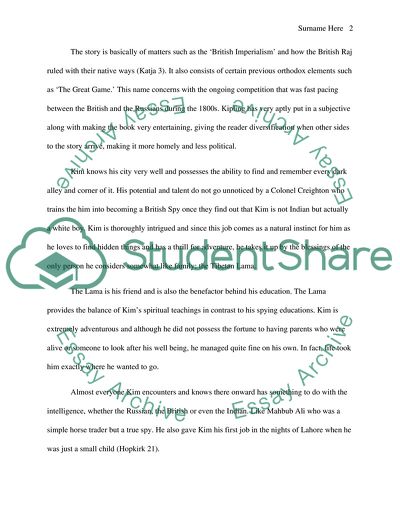Cite this document
(“Kims Novel Review Book Report/ Example | Topics and Well Written Essays - 1250 words”, n.d.)
Retrieved from https://studentshare.org/literature/1603843-kims-novel-review
Retrieved from https://studentshare.org/literature/1603843-kims-novel-review
(Kims Novel Review Book Report/ Example | Topics and Well Written Essays - 1250 Words)
https://studentshare.org/literature/1603843-kims-novel-review.
https://studentshare.org/literature/1603843-kims-novel-review.
“Kims Novel Review Book Report/ Example | Topics and Well Written Essays - 1250 Words”, n.d. https://studentshare.org/literature/1603843-kims-novel-review.


